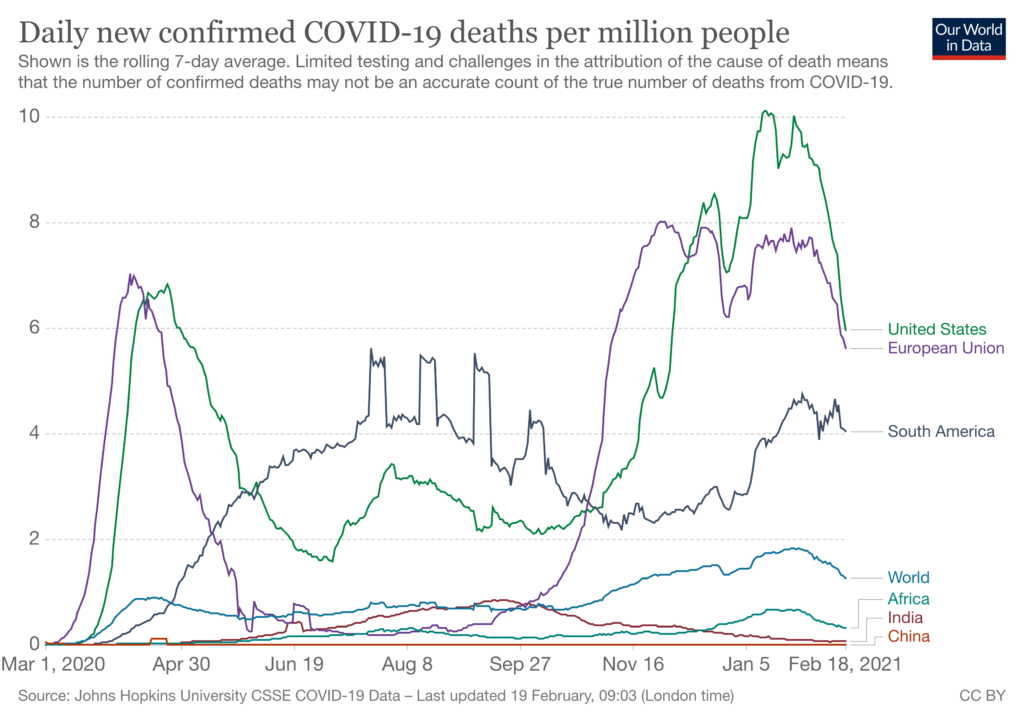Waldorf Education and Anthroposophy may be unfamiliar subjects, but nonetheless are very pertinent to modern times.
The Society of Homeopaths was honoured to listen to pediatrician Dr Micheala Glöckler at their recent conference in London.
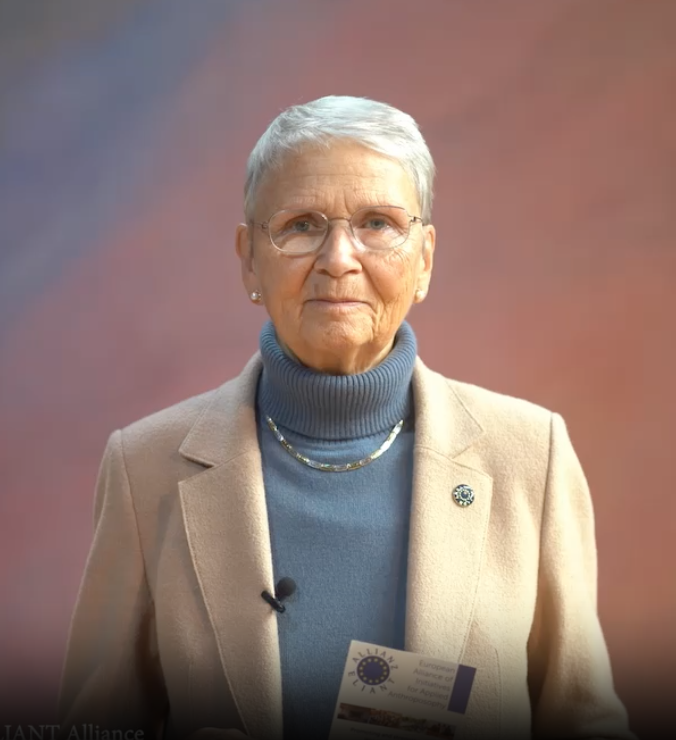
German born Dr Glöckler now lives in Switzerland and has a deep passion for Applied Anthroposophy and the availability of choice and cultural diversity.
Anthroposophy (Anthro-po-sophy) is a philosophical system associated with polymath Dr Rudolf Steiner (1861-1925). The word means human (anthropos) wisdom (sophia).
Steiner had great respect for Dr Samuel Hahnemann (1755-1843) who documented the principles of Homeopathic Medicine. Indeed Anthroposophic medicines are low potency homeopathic preparations. In the UK, Weleda is one well know name in the manufacture of both homeopathic and anthroposophic medicines.
While writing this blog, I found a interesting (but quite long) article comparing Steiner’s work and Homeopathy.
Dr Glöckler spoke with great passion through the morning session, almost without notes, surely challenge enough, without that of speaking in a foreign language. Gut gemacht!
Waldorf Education follows the Anthroposophy of Rudolf Steiner. The name comes fom the town of Waldorf, a town near Stuttgart.
Wikipedia gives a good overview. Do bear in mind that the Wikipedia perspective is coloured by their philosophy which is not as definitive as they would like you to believe.
Children according to Steiner-Waldorf teaching, learn in three ways: imitation; experience (often painful); and, insight or understanding. Education should be age appropriate.
Education should also be in the real – not the digital world – and that real world incorporates an awareness of Higher Worlds (i.e. the spiritual).
Dr Glöckler warned us not to delegate our potential (or consciousness) to the internet; to do so risks delegation to the State and potentially the control the powerful and often negative forces.
Healthy learning is active (analogue) not passive (digital). Ultimately what we truly understand is self-education.
She moved on to consider in closer detail a child’s development. There are three seven year cycles: first (0-7) brain, then emotional (8-14); and finally consciousness and responsibility (15-21).
As a aside (but relevant) children’s author Michael Morpurgo also had something to say on the value of early years education on the BBC yesterday.
Having been a school governor for almost twenty years, I can say that national curriculums and such like are eternal subjects of debate. The rise in home schooling rather demonstrates the dissatisfaction with a one size fits all view-point.
All across Europe – and even in land of her birth – mainstream medicine increasingly denies the teachings of Hahnemann and Steiner. The reason, Dr Glöckler explained, is a failure to understand the working principles. At the core is a battle of philosophies: the technology focused trans-humanistic view versus the spiritual path.
Each human being has its unique spiritual destiny which is ignored at our peril. She urged everyone to campaign for the legal status of integrative medicine (see https://eliant.eu/en/).
Modern medicine, for all its benefits, focuses solely on the physical body. This approach is wonderful in emergency medicine, when life is threatened. However the nature of disease – or better ‘dis-ease’ – is much more complex. Your physical symptoms can have roots in anything from infection, through emotional issues to your genetic inheritance.
The book shown below provides some excellent guidance on how parents and carers can treat illnesses and guide their children.
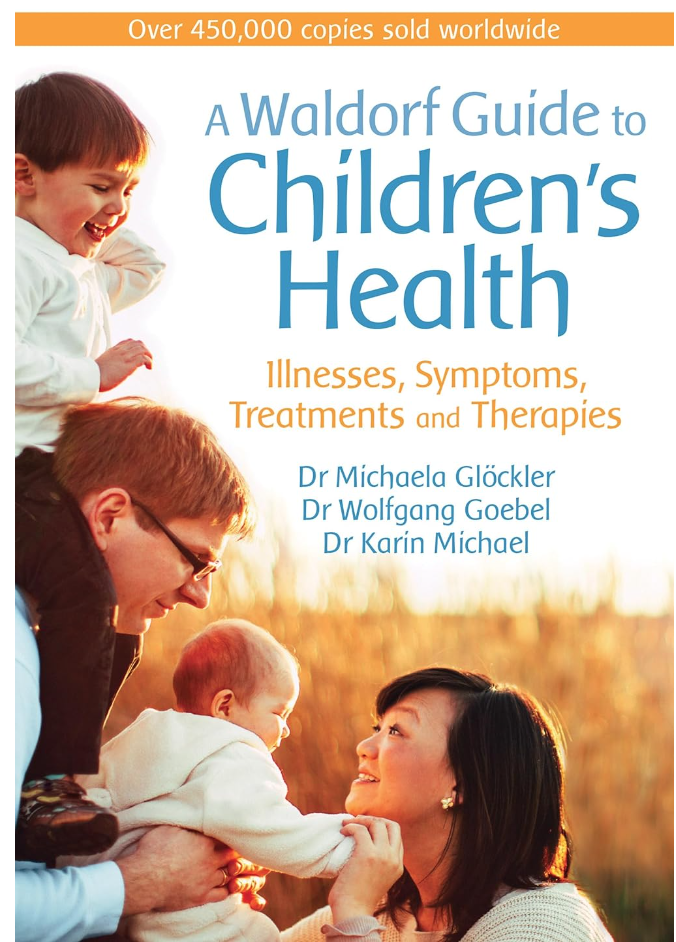
Dr Glöckler coined the term ‘deficitarian’, stimulating the ‘little grey cells’ of the audience to action!
The underlying philosophy of Waldorf Education and Anthroposophy recognises that humans are not perfect by nature; this is both our deficit (hence ‘deficitarian’) and our catalyst to growth. The ‘deficit’ then, is the gap between what we are and what we must become.
Life, health and illness extend beyond the domain of modern medicine with its physical / material focus. Life is neither visible nor material. Illness may be inconvenient, but it is also a rebalancing process and necessary for long term health (hence a child’s fever is ‘healthy’).
As humans we live in constant interaction with our environment – from the microcosm (e.g. microbiome) to macrocosm (e.g. cosmos). A focus on the physical body alone denies the constant interplay between that body (mostly water) with its metabolism (warmth driven), and the immaterial etheric (life force), astral (emotional) and thought processes. Ultimately, we live a life of thoughts.
Dr Glöckler retold a story about Paracelsus a notable 16th century Swiss physician. He, together with five other medical men, discuss the cause of death of a man during a cholera epidemic (but substitute any disease you like). In abbreviated form the story goes thus:
The question is, ‘Why did the patient die’?
The first doctor says: ‘It is the [cholera] bacteria that caused the death – obvioulsy the patient died of cholera’
The second doctor responds: ‘As only 10% of those infected from the contaminated water died, you cannot say this. The death could be due to poor natural immunity’.
The third doctor says: ‘Positive feelings strengthen the immune system, and negative weaken. The patient was frustrated in his soul and was not in balance. This is the cause.’
The fourth doctor says: ‘All well and good, but actually the patient’s ego (spiritual identity) was weak, thus his tolerance of frustration was undermined. At the core, this is why he died.’
The fifth doctor then chips in: ‘I looked up the astrological tables; the stars point to a lethal crisis. His life was over, it was his time to die.’
Everyone now looks to Paracelsus, who smiles and says: ‘You are all correct, there are five causes of illness and five ways to health. A good doctor must know all of them equally well and walk with each person the most promising path to healing.’
In this parable, Paracelsus demonstrates the complexity of the human constitution.
Homeopathy is (w)holistic medicine, its consideration goes much further that the orthodox diagnosis.
The latter has value in determining the trajectory of the ailment and the urgency of intervention. However, all too often the outcome is management of symptoms and a failure to consider the underlying cause.
For this reason the initial homeopathic consultation takes time. Its purpose is to try and reveal the underlying cause and reestablish harmony in the body.
I recall one case when attending the International Academy of Classical Homeopathy in Greece, where a patient’s problems originated some decades in the past. The lady had suffered physical assault from her father or step-father. The college principal, Prof. Vithoulkas, opened with the remedy Arnica – a remedy know for repair of deep bruising. Why? Because the body had held that memory.
If you judge you have never been well since some event in the past, physical or emotional, and would like to find out whether homeopathy might help you, please book a discovery call via my website.
I heard someone on the radio saying that we are living healthier and longer lives than ever before. In fact it is a mantra that is often stated. We take such a statement at face value because it seems to make sense, after all the average lifespan in the UK is just north of 80 years which is a good deal greater than the Biblical “three score years and ten”. And of course childhood mortality is now very low. So far, all for the good.

On the other hand, back in ‘lockdown’ when I cycled out into the New Forest and took a wander round a few rural churchyards, I was rather surprised to see people living to a good age a century of more back. Some into their eighties, which I suppose – being the strongest consitutions – would be ninety year olds of today.
I find much the same in rural churchyards I have visited elsewhere, though my analysis is hardly comprehensive.
Curiously, 34 seemed to be a hazardous age in one cemetery in the Outer Hebrides, my guide – a local man – was 43, and so I congratulated him on his achievement!
But seriously, it got me thinking about health. Are we truly healthier? What is the secret to living longer and healthier?
One of the wonders of the internet age is the ability to do a little armchair analysis. The NHS statistics service (NHSBSA) tells us that the cost of medicines prescribed in primary care in England was £9.4 billion in 2020/21, 55% of the total drug expenditure (hospital prescriptions making up the other 45%).
Seems to me that if we were truly living healthier lives, that longevity would not come at this cost.
That my wanderings have been into rural cemeteries in Britian is significant. I suspect the story in the industrial cities would be very different. Factory life was harsh. Social class was and remains today an important factor in health and lifespan.
So, my hypothesis could stand or fall on the data I choose to select (a subtlety not lost on those who write ‘scientific’ papers today, by the way).
Still, I will hazard a guess that rural communities who lived by the seasons, in unpolluted environments, ate simply, and worked hard but suffered low stress, were quite healthy. At a time when there was not much medical intervention either.
We need to understand why our drugs budget is so high. NHSBSA have some revealing statistical collections that tell us that:
Needless to say, the most deprived areas received the higher proportion of the prescriptions.
Drug cost is just a part of the picture. The drugs are a short term fix. In the longer term health conditions become more complex and more costly, especially where in-patient care is required.
How do you react to these figures?
Cardiologist Dr Assem Malhotra has some interesting observations – here is a recent interview with Dr Ken Berry MD on YouTube. It is worth a watch.
It should not come as a great surprise that the Malhotra and Berry conclude that the fundamentals of health for most of us are quite simple
I have written before about colour and diet, here is a nice photograph to illustrate the point.

Were it possible to go back in time and apply a light touch of modern medical practice, I rather think the longevity of our ancestors would match that of today, with better underlying health. By light touch, I mean simple steps to reduce infant death, handle trauma, and acute life threatenting conditions.
Towards the end of the interview Dr Malhotra explains the true cost to health of poor diet.
In this topsy turvy world is it not strange that ultra-processed food is cheaper than fresh simple food? Deprivation and disease go hand in hand.
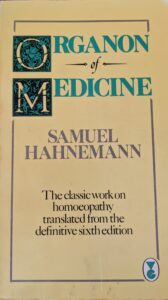
I suppose this blog should be about homeopathy, yet no mention thus far. Well, here is a snippet.
Last month I wrote about Dr Samuel Hahnemann, generally considered the founding father of homeopathic medicine, who makes it very clear in his profound book, The Organon of Medicine that removing obstacles to cure is the first step to health. Here are his words written in the early 1800s:
It is obvious that every reasonable physician will first of all remove the causa occasionalis; after that the indisposition usually disappears on its own.
Organon of Medicine, Aphorism 7 footnote (in part) – Dr Samuel Hahnemann
It’s the old saying “a stitch in time saves nine”. So what might you sew (or sow) in 2023?
https://www.instagram.com/p/CnMSdUPo5JW/
Isn’t this a fantastic looking flower? It is an ornamental hybrid of the common onion from which the homeopathic remedy Allium Cepa derives.
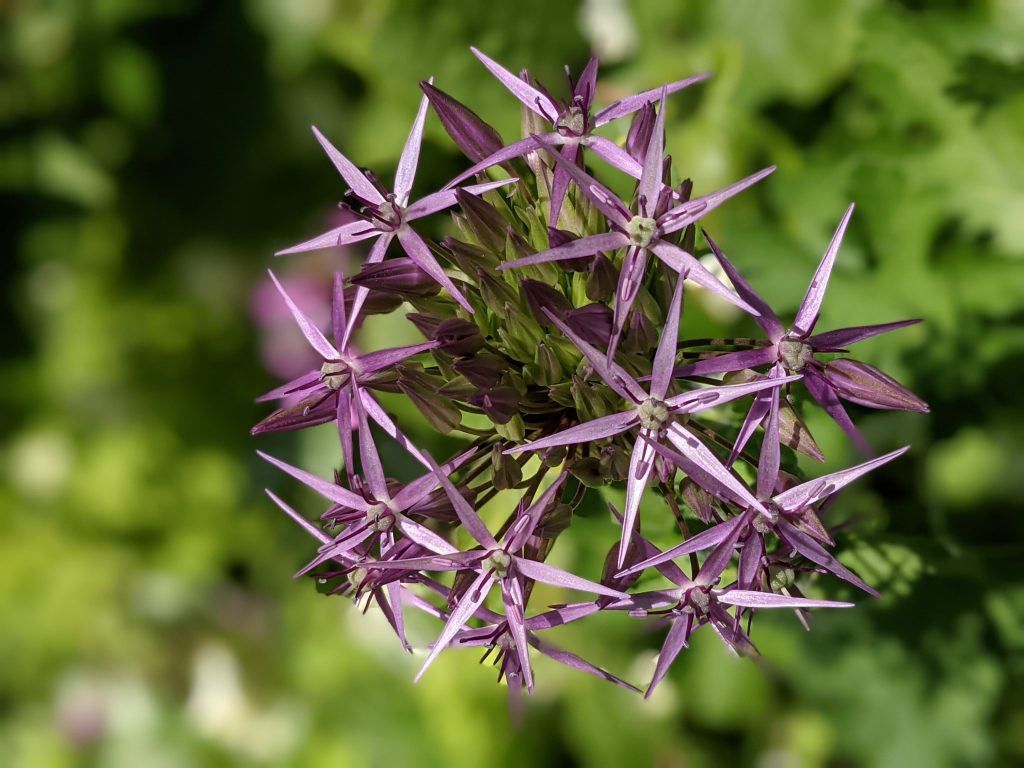
The name which may derive from two Celtic words “all” and “cep”, meaning “hot” and “head”. In full bloom the flower is indeed like a head – a big beautiful sphere.
The onion family includes garlic and leeks. Plants used nutritionally and medicinally for centuries. Today the medicinal benefits are still recognised – here is one article – read more
In folklore, even in the 19th century, placing sliced onions around the home, or in a bag worn around the neck was considered to protect against contagion during epidemics.
Perhaps we should revisit past wisdom, given the current (Covid) challenges? But I suspect sending your children back to school with a bag of chopped onions around their neck might not be popular?
When chopping onions for the cooking pot streaming eyes and runny nose is all too familiar! This is “coryza” or “rhinitis” in medical parlance.
As a homeopathic medicine, one paarticular use of Allium Cepa is in the treatment of an attack of “hay fever”, whose symptoms of coryza, as you all know, are rather similar to those from chopping onions. The nasal discharge is acrid and that from the eye bland.
The homeopathic core principle is “like cures like”. This means giving a medicine that mimics the symptoms suffered.
Homeopathy supports the body’s attempt to cure. It helps it over “the hill” that needs to be climbed.
As I wrote last month “Jaw Jaw is better than War War”
The body speaks its language – it informs; we must listen and act accordingly.
The runny nose of the common cold can be similar to the characteristics of Allium Cepa, but in this case it may be best to suffer the inconvenience as the discharge from the nose has a purpose – namely to eliminate the virus.
Sometimes it is best not to supress symptoms. That includes the use of over the counter remedies such as LemSip and so on. Yes, you feel better but you are hampering the healing.
Symptoms, from a homeopathic perspective, are not just an inconvenience – they point the way to cure.
They inform.
Cutting edge Quantum Physics tells us that our entire universe is “informed”. Indeed, it tells us that we are “informed” – right from the moment of our birth to our last breath.
Current thinking is that the brain is a sort of transmitter / receiver, as much as a pseudo computer for processing our thoughts and bodily signals.
So, the brain may be receiving “downloads” – something like the downloads to our electronic gadgets. Fascinating.
Last night, courtesy of the Scientific and Medical Network I listened to Dr Doug Matzke talk about his research into quantum computing.
He has a new book titled “Deep Reality” – tad over my head mathematically – but the fundamental role of “information” in nature is becoming clear.
Homeopathy is information medicine, born ahead of its time.
“Due to overconsumption of de-natured food, and a lack of exercise and fresh air, many people, especially in the second half of their lives, often become caricatures of themselves … Nowadays we rarely see a really beautiful and healthy looking person … we are either too far or too thin .. or legs are swollen, our feet flat, our backs, bent, our necks stiff. We lose our hair, suffer from dental decay, headaches, flatulence, constipation and depression; we tire quickly and worst of all, many of us no longer enjoy life. Many people never feel really well“. Naturopath, Jan de Vries, from 10 Golden Rules For Good Health (2nd edition 2008)
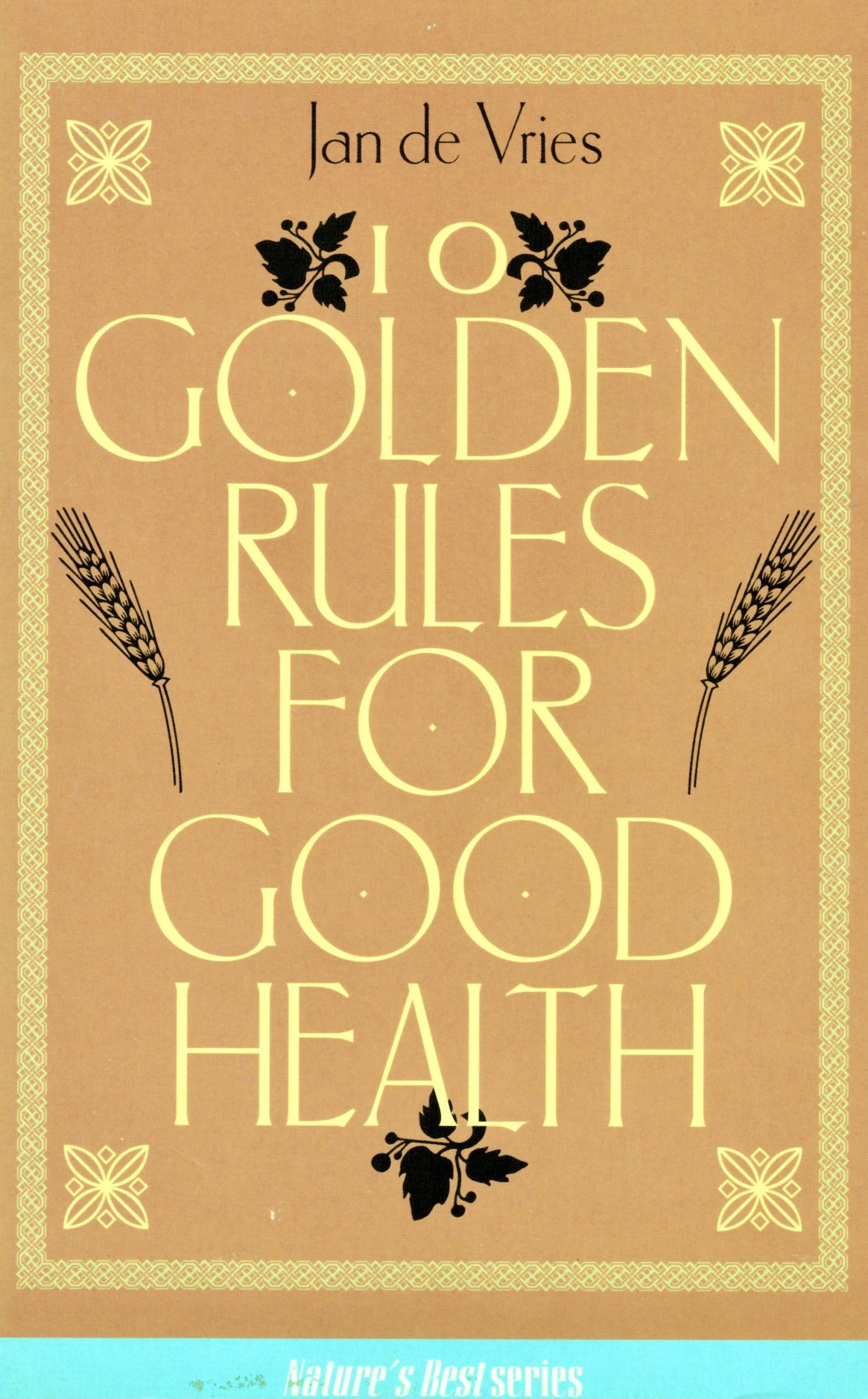
Not a very welcome message, perhaps, but a well meaning one from one of the most notable Naturopaths in the UK and beyond in recent years.
Alas, he is no longer with us, but for many decades Jan de Vries had a clinic in Troon, Ayrshire and people sought his advice from near and far.
He even had a slot on Gloria Hunniford’s BBC Radio show. He worked a 90 hour week which included writing many books!
I once had a consultation and his busy clinic was like a hospital out patient dept. He was much loved and is sadly missed.
The Naturopathic approach to health is focuses on the basics, recognising that the self regulating nature of the human organism works best when treated with respect. His five pillars to good health were nutrition, digestion, elimination, circulation and relaxation.
The 10 Golden Rules expand on the five pillars to include such as sleep, and mental health and mental attitude. Top of the list, always, comes nutrition. He tells us that the diets of western industrialised countries – especially the USA and Europe – have changed more in the last 100-150 years, than across millennia before.
Processed foods, sugar, excess alcohol, industrial farming and so on, are not what the body needs. Instead seventy percent of our diets should be of plant origin, and raw fruits and vegetables should be an important part of daily nutrition. Medical science has also come to appreciate the relationship between a healthy immune system and a healthy gut.
Obesity seems to have become rather an epidemic these days. In the past the poor were thin, as is still the case in the developing countries but the opposite seems to be the picture in the western world. And it is the western world that has suffered the most in this Covid-19 pandemic. Food for thought?
